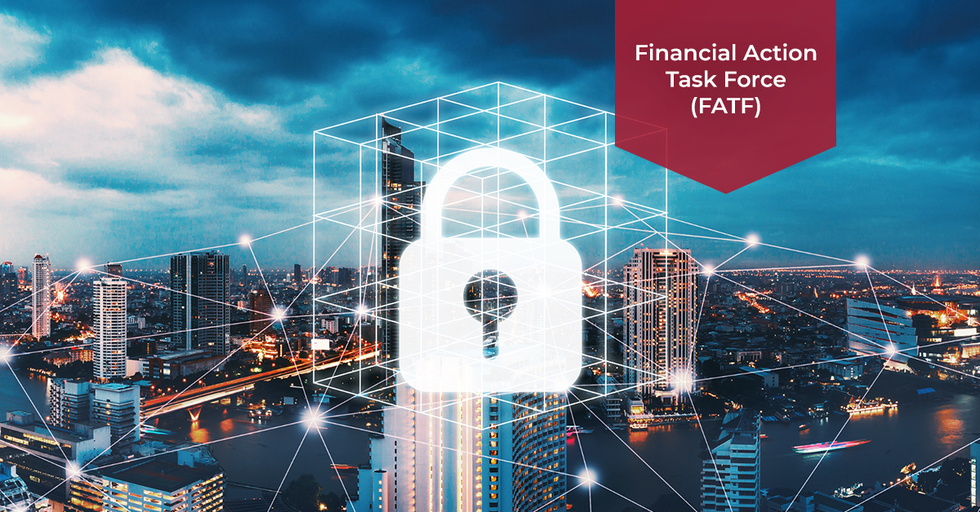About Financial Action Task Force (FATF):
- ATF is an intergovernmental policy-making and standard-setting body dedicated to combating money laundering and terrorist financing.
- Objective: To establish international standards, and to develop and promote policies, both at national and international levels, to combat money laundering and the financing of terrorism.
- Origin:
- It was established in 1989 during the G7 Summit in Paris to develop policies against money laundering.
- In 2001, its mandate expanded to include terrorism financing.
- Headquarters: Paris, France.
- Members:
- To become a member, a country must be considered strategically important (large population, large GDP, developed banking and insurance sector, etc.), must adhere to globally accepted financial standards, and be a participant in other important international organizations.
- FATF members include 39 countries, including the United States, India, China, Saudi Arabia, Britain, Germany, France, and the EU as such.
- India became a member of FATF in 2010.
- The FATF researches how money is laundered and terrorism is funded, promotes global standards to mitigate the risks, and assesses whether countries are taking effective action.
- Once a member, a country or organization must endorse and support the most recent FATF recommendations, commit to being evaluated by (and evaluating) other members.
- The FATF holds countries to account that do not comply with the FATF Standards.
- If a country repeatedly fails to implement FATF Standards, then it can be named a Jurisdiction under Increased Monitoring or a High-Risk Jurisdiction. These are often externally referred to as “the grey and black lists”.
- What are FATF 'grey list' and 'blacklist'?
- Black List: Countries known as Non-Cooperative Countries or Territories (NCCTs) are put on the blacklist. These countries support terror funding and money laundering The FATF revises the blacklist regularly, adding or deleting entries.
- Grey List: Countries that are considered a safe haven for supporting terror funding and money launderingare put on the FATF grey list. This inclusion serves as a warning to the country that it may enter the blacklist.
- Three countries-North Korea, Iran, and Myanmar are currently in FATF’s blacklist.
- Consequences of being on the FATF blacklist:
- No financial aid is given to them by the International Monetary Fund (IMF), the World Bank, the Asian Development Bank (ADB), and the European Union (EU).
- They also face a number of international economic and financial restrictions and sanctions.
- FATF regularly publishes reports that raise awareness about the latest money laundering, terrorist financing and proliferation financing techniques so that countries and the private sector can take the necessary steps to mitigate these risks.
